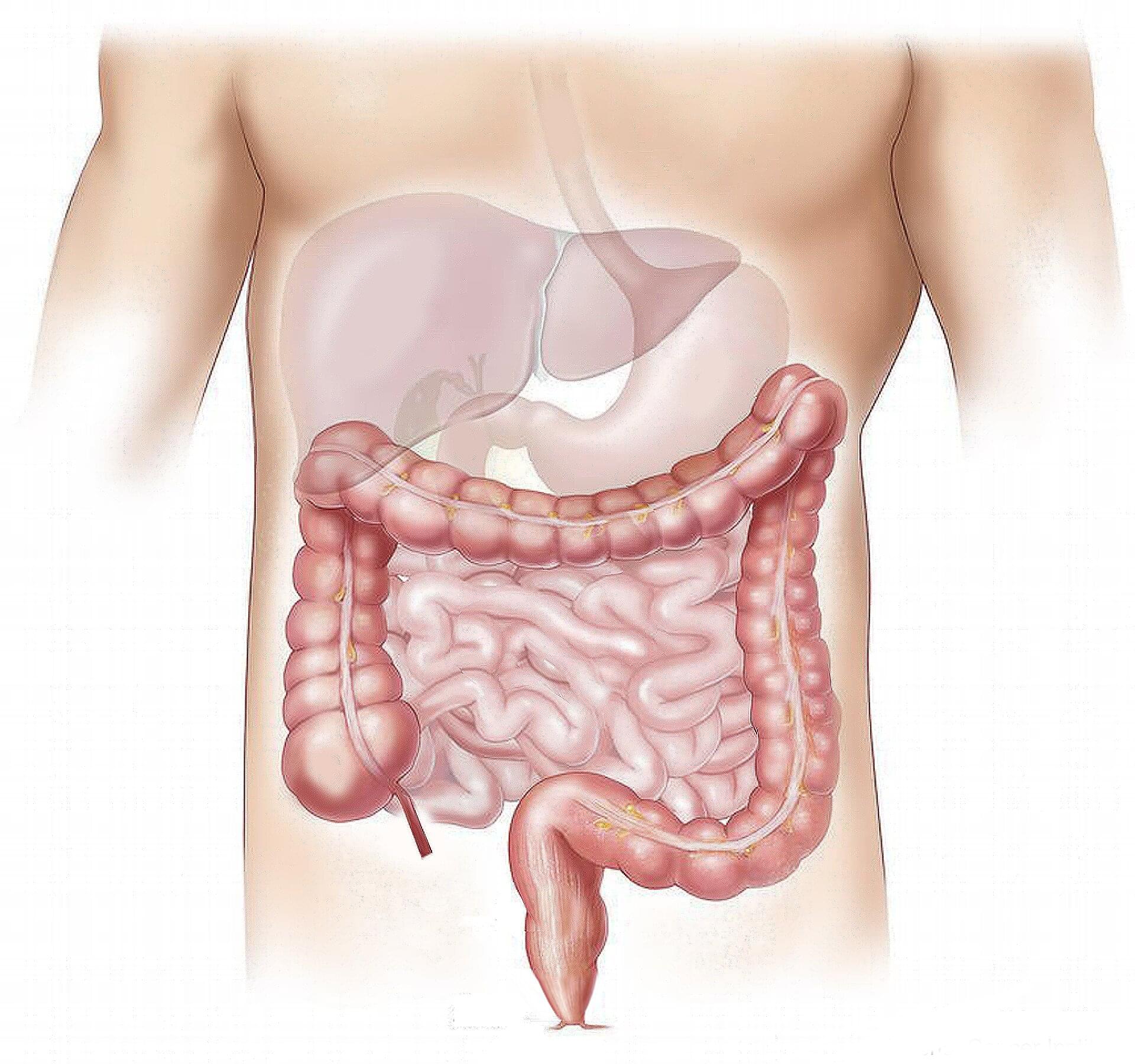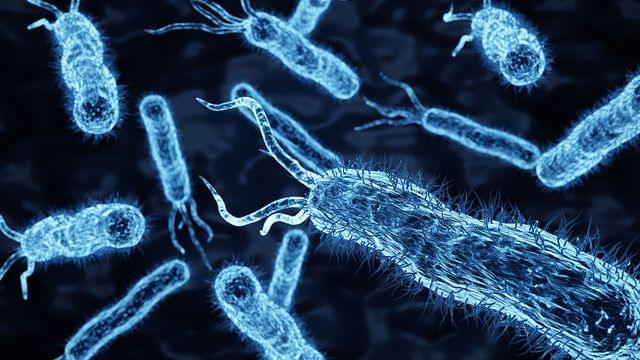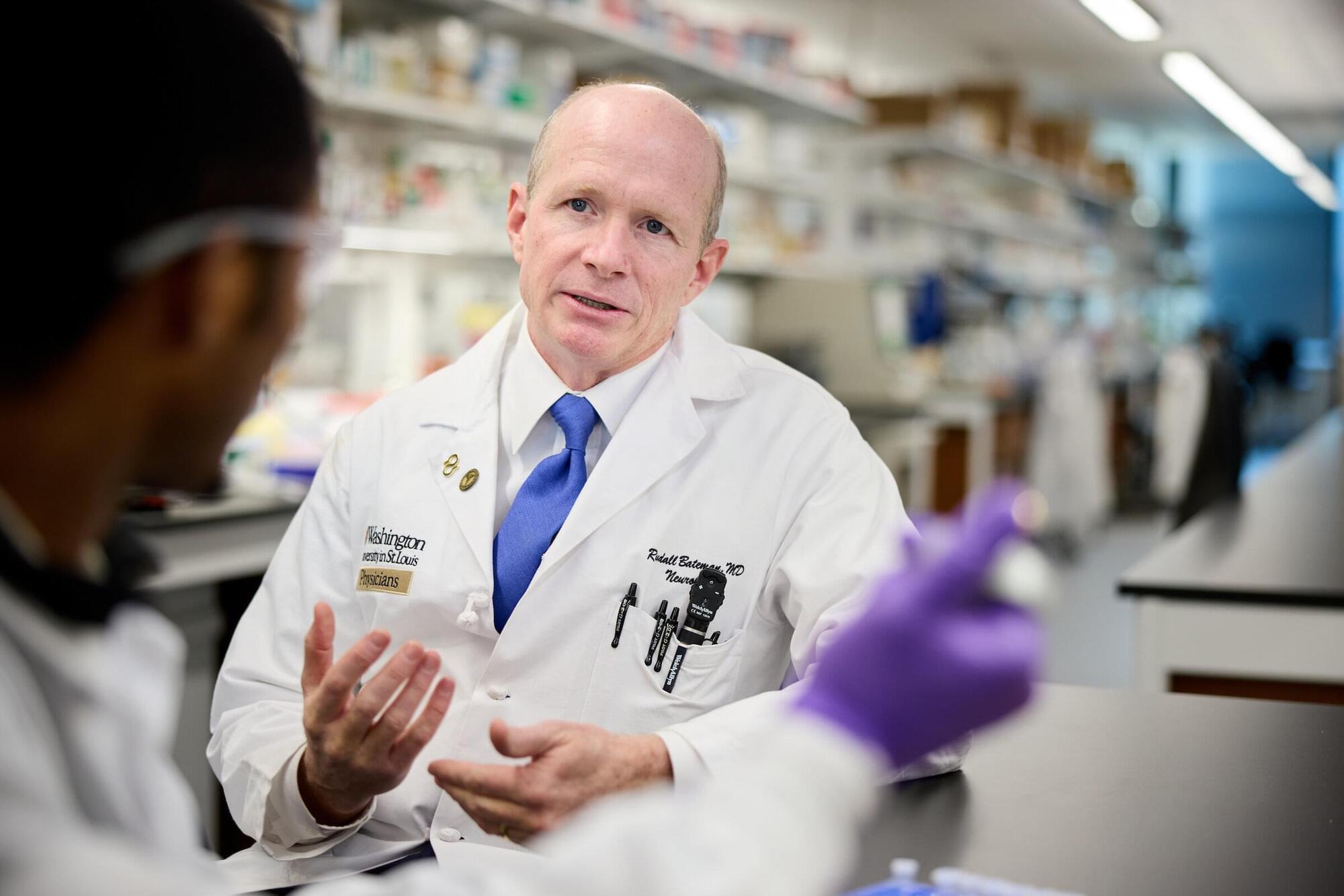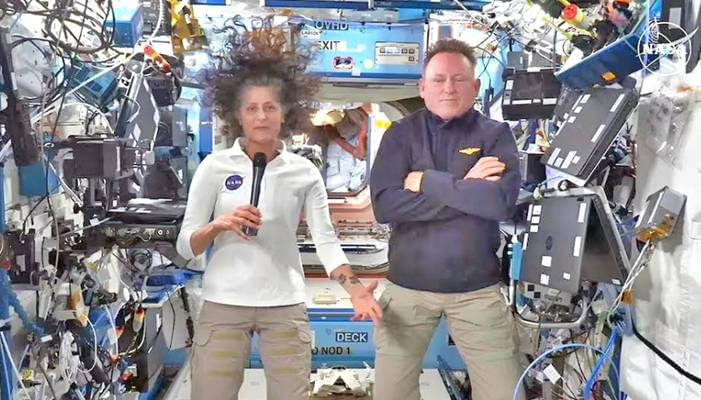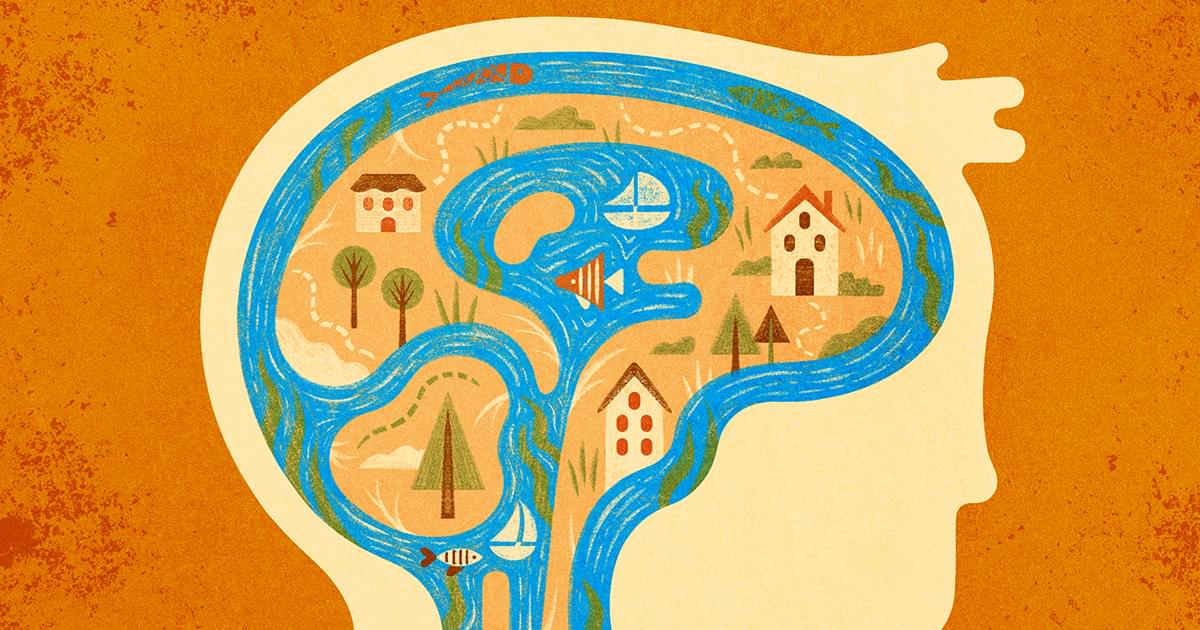After every meal, the intestines perform an action called peristalsis—moving food through their hollow interiors with coordinated contractions and relaxations of the smooth muscle.
For more than a century, scientists have known that nerve cells in the gut propel the colon to move, allowing the organ to perform its life-sustaining function. But exactly how these intestinal nerve cells do their job has remained elusive.
Now a new study led by researchers at Harvard Medical School and the Icahn School of Medicine at Mount Sinai has identified the mechanism behind this phenomenon, showing that the gut’s motility is altered by exercise, pressure, and inflammation.
